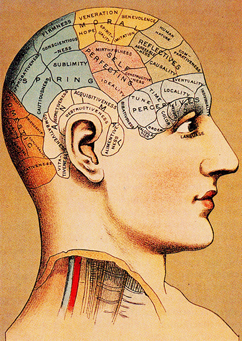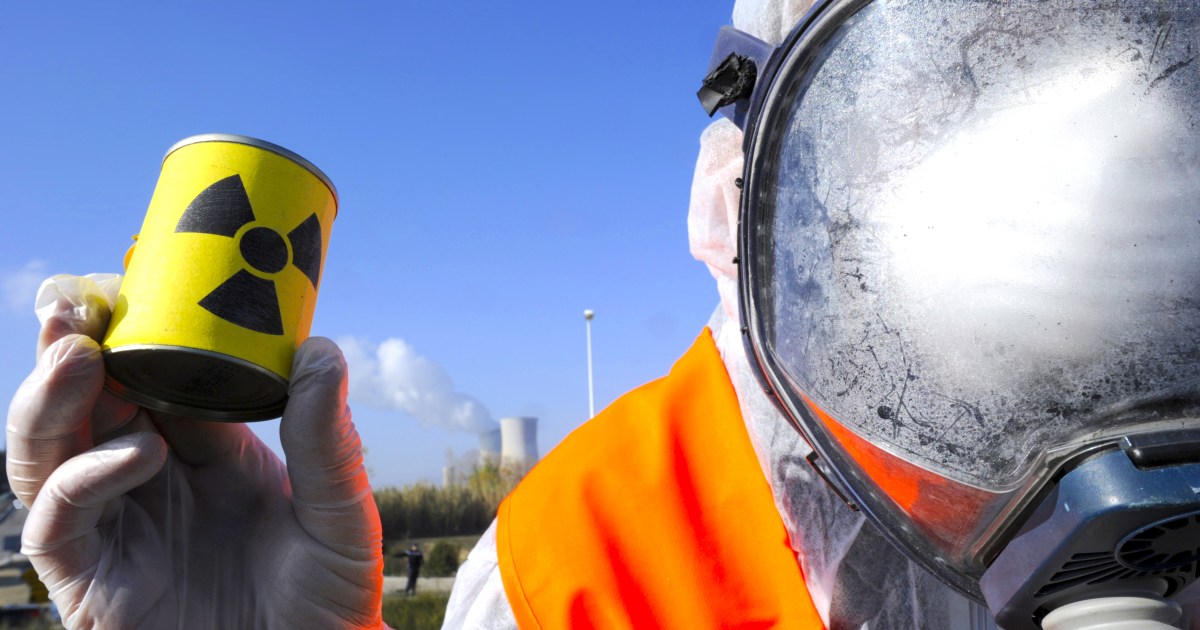fncceo
Diamond Member
- Nov 29, 2016
- 42,711
- 35,304
- 3,615
So, let's say a man is convicted of a crime based on the best evidence available. Later on, DNA evidence clears him, except does not help us identify who actually did commit the crime. Do we need a better theory as to who committed the crime before we can release him from prison?
No. Because the standard of proof in Criminal Law is different from the standard of proof in science.
To convict someone of a crime, they must be found guilty "beyond a reasonable doubt". You don't need to prove someone else did the crime, only that the accused themselves didn't do it.
In science, however, the standard of truth is that explanation that best fits the available data. If there are two competing theories that both fit the available data, both are equally valid until one (or a yet to be discovered third) proves to be a better fit for the data.
In that way, the standard for truth in science is closer to the standard in Civil Law. In a Civil Case, you don't have to prove guilt or innocence beyond a reasonable doubt, but only to a balance of probabilities. In a Civil Case, one side or the other wins by presenting the argument that best fits what is known about the case.
Another standard of truth is Theological truth. In Theology, a scriptural or oral tradition is true regardless of any evidence you may present that refutes it.




